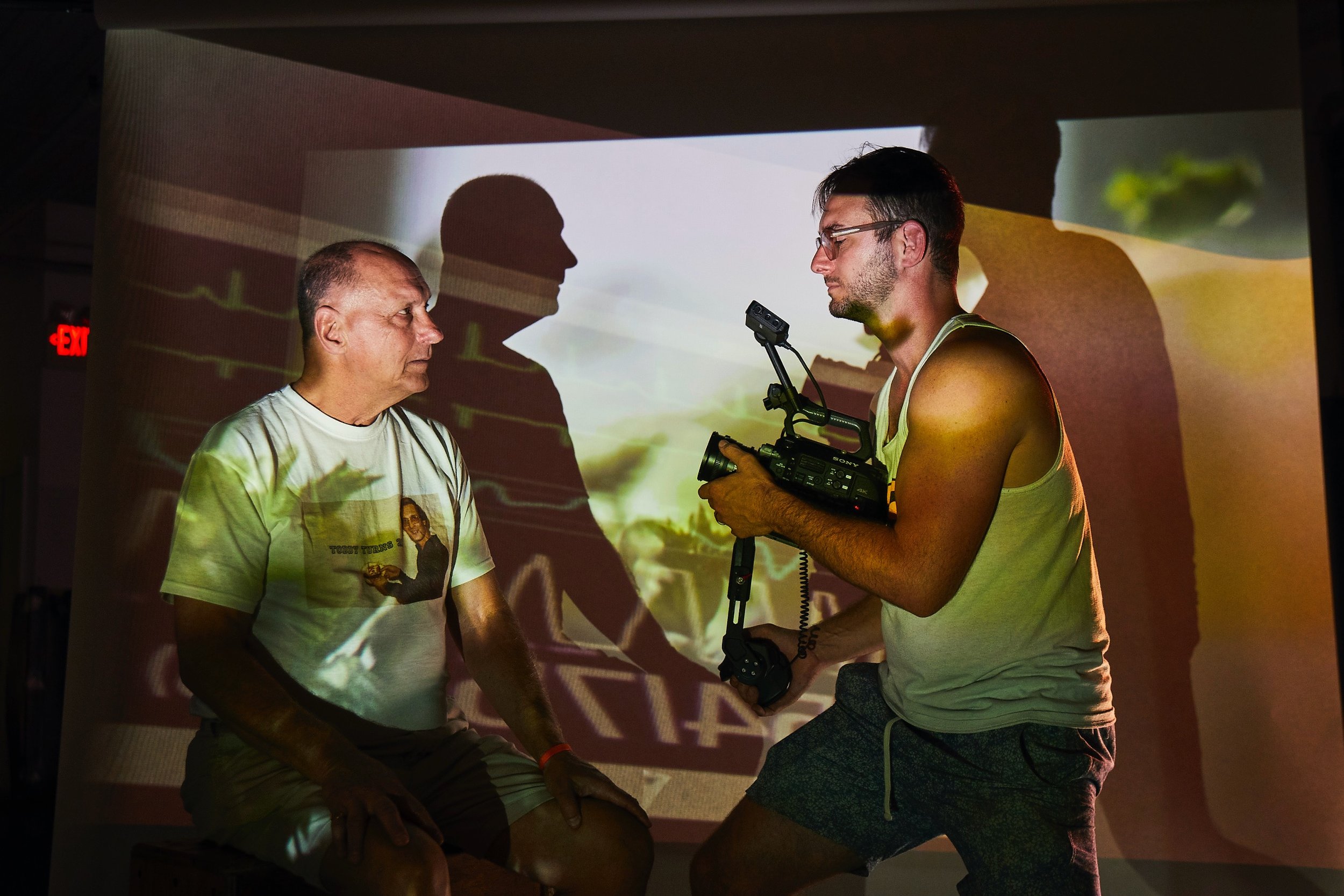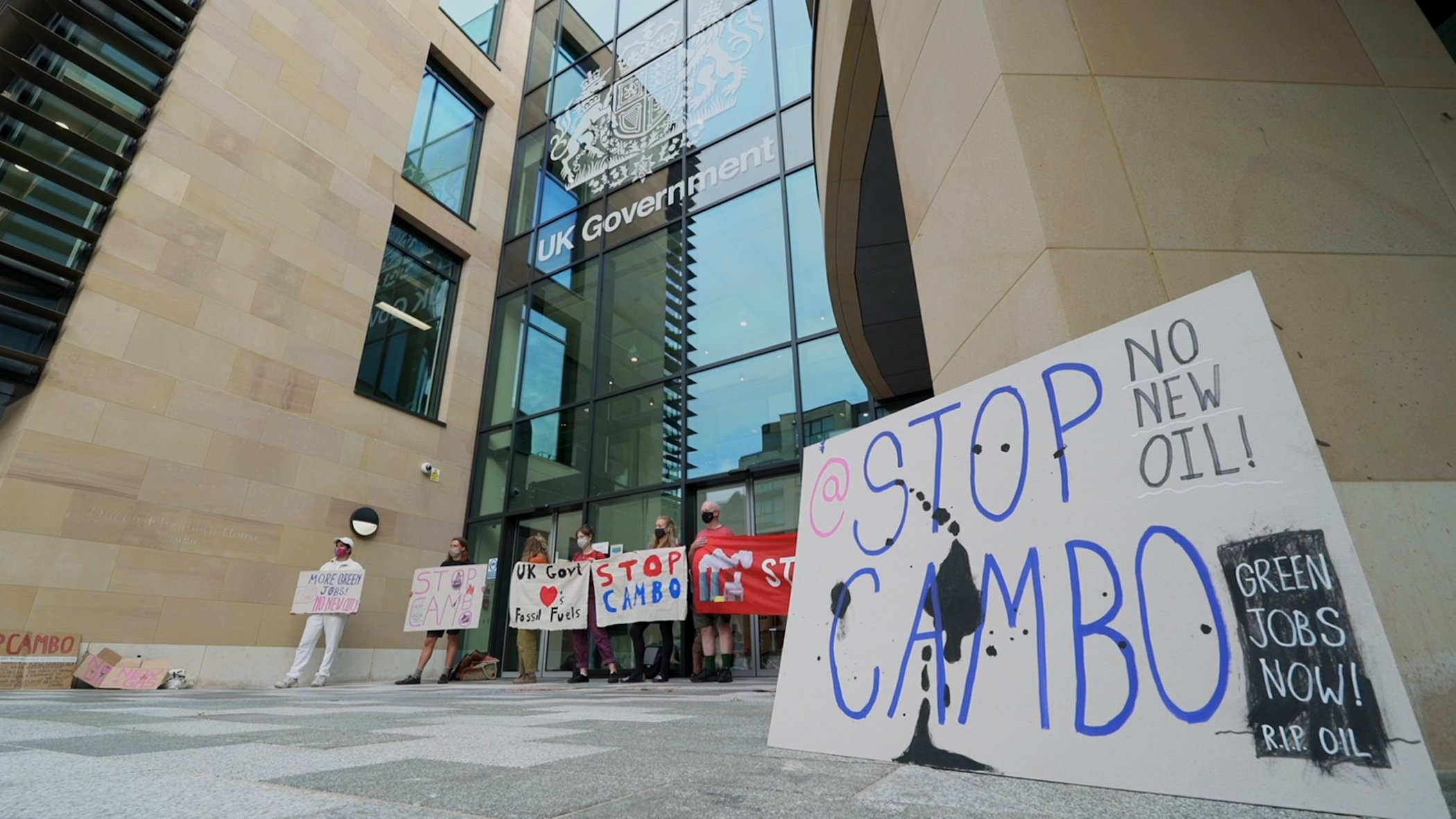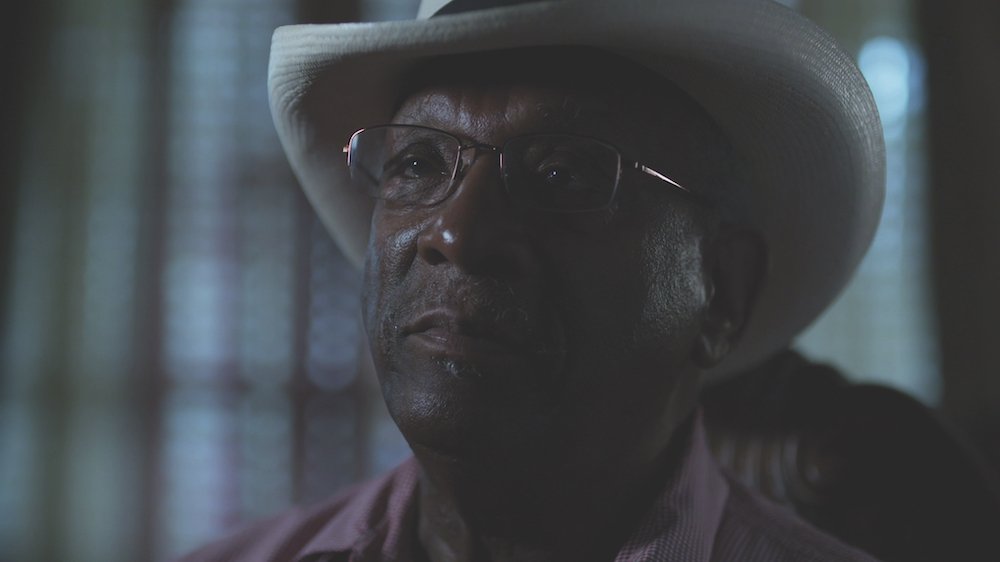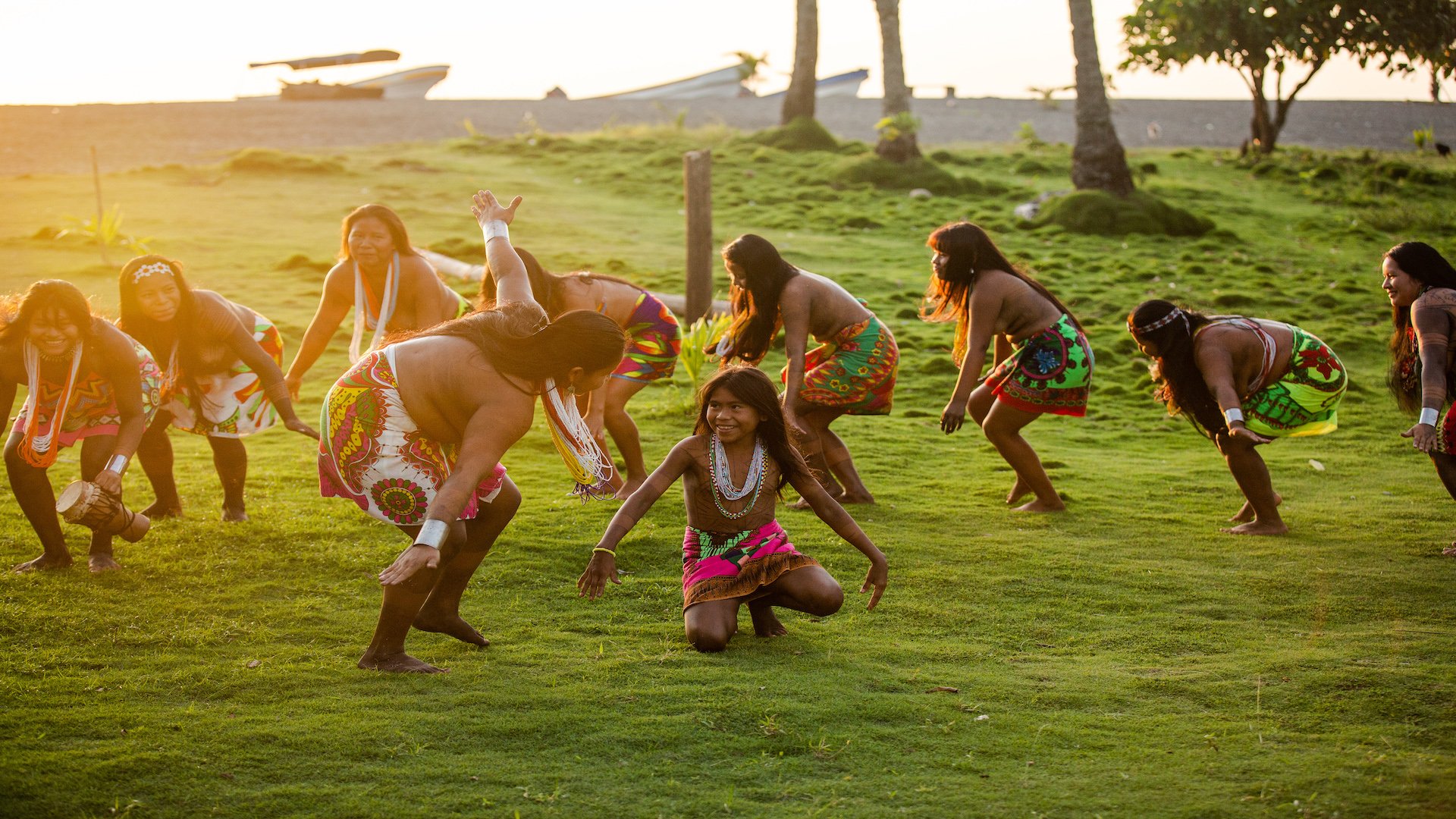CREATIVE DISTRIBUTION
We design and implement creative distribution strategies for independent documentary films, and help filmmakers realize their vision in ways that are transparent, fresh, and collaborative. Understanding the documentary ecosystem and the complexities and opportunities existing in the current marketplace, we join your team to launch bold campaigns and build successful, sustainable pathways for your film.
We draw from over 20 years of experience in the field, and have worked with dozens of filmmakers to support their vision, and deliver strategic partnerships to achieve impact and meaningful engagement. Our work includes: film festival strategy, impact campaigns, creative distribution releases, independent theatrical and semi-theatrical bookings, and educational tours.
In addition, we talk with filmmakers during consulting or guidance sessions helping with a variety of issues including: rough cut feedback, film packaging and assets, website and social media audits, and distribution strategy.
The majority of our work doesn’t take any rights from filmmakers; however we also offer opportunities for placement on educational and other streaming platforms. Take a look at our Case Studies and VOD Releases pages to get a sense of some of our recent work, or book a complimentary session to discuss your film.
“Marga has been such a pleasure to work with from day one. She is wise, creative, methodical and diligent.
She thinks out of the box, and thinks big, and yet she is realistic because she really understands the field and the marketplace.
We recommend her highly and look forward to working with her again! She is a treasure.”
FEATURED BLOG POSTS
I recently received an email from GBH, Boston’s PBS local station, featuring a large image of the beloved cartoon character Arthur's smiling face, and asking for a donation to continue offering this and other high-quality educational content for children. I’m a longtime supporter of public media and love to receive such emails.
This time, it felt different.
The ongoing crisis in the distribution of independent documentaries has turned everyone’s attention to the topic. A variety of efforts are underway to shake things up and bring clarity and change to the field. At this year’s Camden Film Festival, the distribution town hall was filled to capacity, and included an interesting presentation by Keri Putnam, Walter Shorenstein Media and Democracy Fellow, about the independent film sector, complete with data and big picture solutions.
As we find ourselves halfway through 2023, our industry continues to undergo significant transformations in funding models, acquisition trends, and the state of exhibition. Film festivals have been affected by these changes, and while some renowned festivals have closed their doors this year (Full Frame, Traverse), others, such as DC/DOX, just celebrated their inaugural editions and garnered rave reviews for its extraordinary lineup and focus on filmmakers.
While film festivals are an exciting opportunity for your new film, they present serious challenges for independent documentary filmmakers entering the circuit this fall. We have seen the return of in-person screenings at Tribeca, Mountainfilm, and other Spring venues, but the reality is that many festivals will remain virtual or hybrid this Fall, a tricky situation to navigate for filmmakers who continue to have mixed opinions about the value of online festivals.
Recently, I shared our Impact Distribution Digital Edition blog post, which featured thoughts and strategies for getting your documentary out in an overcrowded digital environment. Virtual festivals are being inundated with more submissions than ever before and curating smaller slates. There is a general sense of screen fatigue, and just this week, Amazon put an end to unsolicited licensing submissions via Prime Video Direct for non-fiction and short-form content, leaving independent filmmakers and distributors confused and worried.
We are nine months into the pandemic and the ever-changing landscape of documentary distribution keeps evolving. Every day, the lines that separate distribution and exhibition through film festivals, theatrical, non-theatrical, VOD (including the alphabet soup of streaming acronyms), and so forth continue to blur without anyone knowing exactly if or when things will change.
The current global health crisis has infused a new life to a decades-long debate about documentary distribution, a field that has evolved and changed dramatically in the past 10 years.
Photo by Zhifei Zhou.
In the summer of 2009, I accidentally heard of a locally produced documentary feature titled Traces of the Trade: A Story from the Deep North that had premiered at Sundance in 2008. The filmmaker was Katrina Browne and this was her first film, a deeply personal undertaking to uncover the complicity of Northern states in the slave trade and the involvement of her own ancestors, the DeWolf family of Bristol.














Summer is the season when many filmmakers rush to finish their films. Some have their eye on the fall festival circuit, others, of course, are thinking about Sundance. But many, especially first time and newer filmmakers arrive at their final cut with little to no certainty about what to do next.